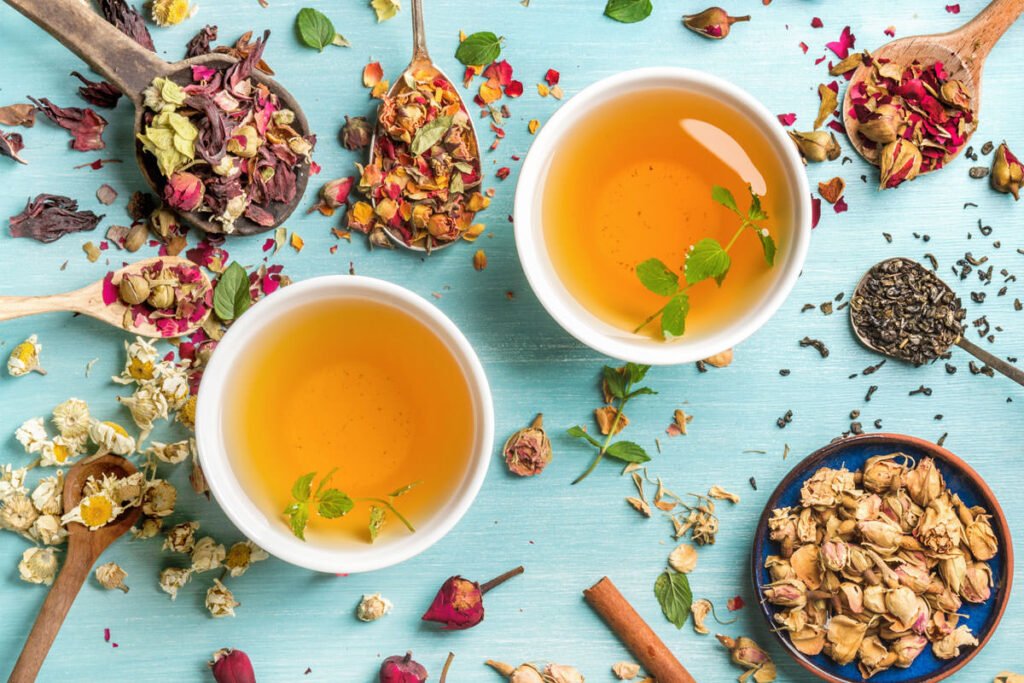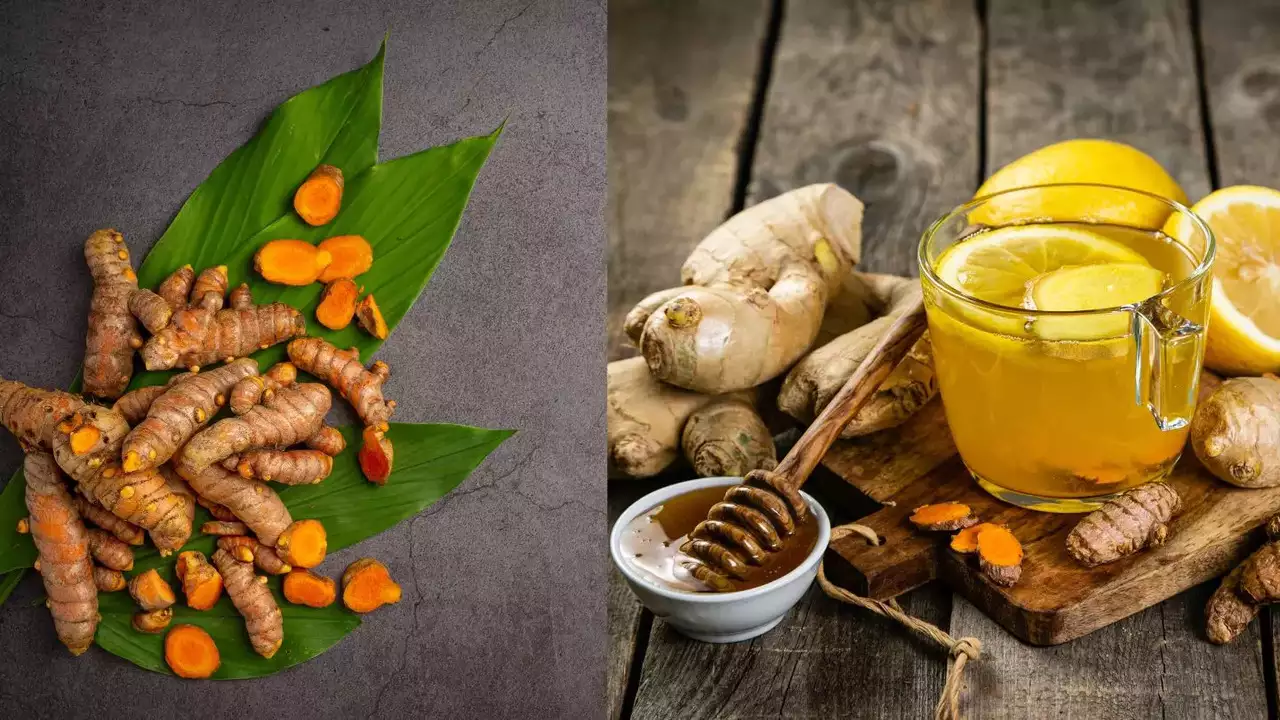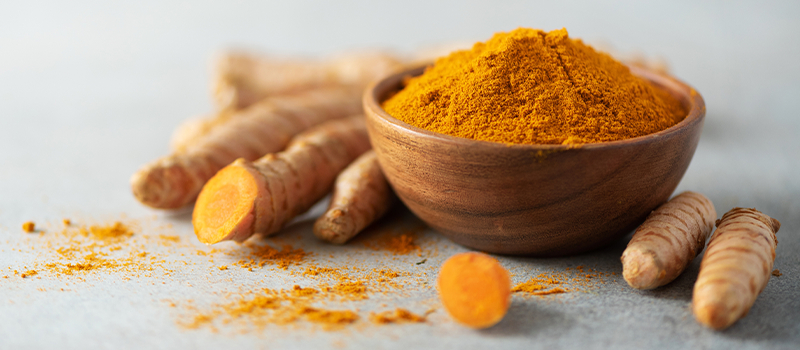
In today’s fast-paced world, achieving restful sleep and true relaxation can feel like a luxury. The impact of stress, erratic schedules, and screen time has disrupted our natural ability to unwind. Enter the soothing world of herbal teas—nature’s gift to those seeking better sleep and relaxation. Herbal teas have been used for centuries to promote well-being, calm the mind, and support the body’s natural rhythms. Packed with calming properties, they offer a gentle and natural solution for those struggling with restlessness or insomnia.
Herbal teas for better sleep and relaxation combine the wisdom of traditional medicine with modern needs. Chamomile, lavender, valerian root, and other herbs have been scientifically studied for their sedative effects, making them an increasingly popular choice. Unlike pharmaceuticals, herbal teas work in harmony with your body, gradually encouraging deeper rest without the side effects. This balance between efficacy and gentleness makes them invaluable for those wanting a holistic approach to better sleep.
The world of sleep-enhancing herbal teas is vast, offering a diverse range of flavors and benefits. From reducing anxiety to soothing digestion, the right blend can transform your bedtime ritual into a serene experience. Whether you’re a tea connoisseur or just beginning your journey, this guide to 30 herbal teas for sleep and relaxation will empower you to harness the benefits of these natural remedies.
Why Herbal Teas Work for Sleep and Relaxation
1. Natural Sedative Compounds
Many herbal teas contain compounds like apigenin (in chamomile) or linalool (in lavender), which bind to brain receptors and promote relaxation. These naturally occurring agents calm the nervous system and reduce stress.
2. Aromatherapeutic Benefits
Herbs such as lemon balm and lavender are known for their soothing aromas. The simple act of inhaling the steam from a cup of tea can activate the parasympathetic nervous system, signaling the body to relax.
3. Improved Sleep Cycles
Herbal teas can help regulate circadian rhythms. Ingredients like valerian root interact with GABA receptors in the brain, encouraging the onset of sleep and improving sleep quality.
4. No Caffeine or Additives
Unlike black or green tea, herbal infusions are typically caffeine-free. This means you can enjoy them in the evening without worrying about disruptions to your sleep patterns.
The Top 30 Herbal Teas for Better Sleep and Relaxation
Below is a comprehensive list of herbal teas that promote sleep and relaxation, categorized by their primary benefits:
| Herbal Tea | Primary Benefits | Flavor Profile |
|---|---|---|
| 1. Chamomile | Reduces anxiety, promotes restful sleep | Sweet, floral |
| 2. Lavender | Calms the mind, reduces stress | Floral, slightly minty |
| 3. Valerian Root | Eases insomnia, supports deep sleep | Earthy, pungent |
| 4. Lemon Balm | Improves mood, aids digestion | Citrus, lemony |
| 5. Peppermint | Soothes digestion, relaxes muscles | Refreshing, minty |
| 6. Ashwagandha | Reduces cortisol levels, combats insomnia | Slightly bitter, earthy |
| 7. Passionflower | Enhances GABA levels, reduces restlessness | Mild, grassy |
| 8. Rose | Uplifts mood, supports relaxation | Sweet, floral |
| 9. Holy Basil (Tulsi) | Relieves stress, balances hormones | Peppery, slightly sweet |
| 10. Hops | Enhances sleep onset, calms the mind | Bitter, earthy |
| 11. Rooibos | Antioxidant-rich, promotes calm and relaxation | Nutty, slightly sweet |
| 12. Kava | Alleviates anxiety, promotes restful sleep | Earthy, peppery |
| 13. Skullcap | Soothes the nervous system, eases mild insomnia | Bitter, grassy |
| 14. Fennel | Relieves bloating, supports digestion for better sleep | Sweet, licorice-like |
| 15. Catnip | Reduces anxiety, mild sedative | Minty, mild |
| 16. Linden Flower | Calms the nervous system, relieves tension headaches | Floral, slightly sweet |
| 17. Sage | Improves mood, supports cognitive relaxation | Earthy, savory |
| 18. Marshmallow Root | Soothes digestion, calms the throat | Sweet, mild |
| 19. Magnolia Bark | Reduces cortisol, promotes sleep | Woody, slightly floral |
| 20. Blue Lotus | Eases stress, enhances deep sleep | Floral, subtle |
| 21. Green Rooibos | Unfermented, offers antioxidant and calming benefits | Light, grassy |
| 22. Oat Straw | Nourishes the nervous system, reduces stress | Mild, earthy |
| 23. Mulberry Leaf | Balances blood sugar, promotes relaxation | Mild, green-tea-like |
| 24. Licorice Root | Soothes digestion, supports adrenal recovery | Sweet, robust |
| 25. Chrysanthemum Tea | Relieves tension, calms the nerves | Sweet, floral |
| 26. Elderflower | Boosts immunity, supports relaxation | Light, floral |
| 27. Dandelion Root | Detoxifies the liver, improves digestion and relaxation | Earthy, slightly bitter |
| 28. Ginger Tea | Reduces inflammation, promotes digestion for sleep | Spicy, warming |
| 29. Betony | Reduces headaches, calms the nervous system | Mild, grassy |
| 30. Hibiscus | Lowers blood pressure, soothes the body | Tart, cranberry-like |
Key Benefits of Herbal Teas for Sleep and Relaxation
1. Stress Reduction
Herbal teas like holy basil and ashwagandha actively reduce cortisol levels, helping you to wind down after a stressful day. This is particularly beneficial for those whose insomnia is linked to stress or anxiety.
2. Improved Digestion for Better Sleep
Herbs such as peppermint and fennel alleviate bloating and discomfort, which can often disrupt sleep. A healthy digestive system is closely tied to overall sleep quality.
3. Natural Muscle Relaxation
Teas like peppermint and chamomile work as mild muscle relaxants. This can be especially helpful for people with tension headaches or restless leg syndrome.
4. Hormonal Balance
Some herbal teas, such as red clover and holy basil, support hormonal health, which can be critical for women experiencing sleep disturbances due to menopause or menstrual cycles.
How to Incorporate Herbal Teas Into Your Routine
1. Choose the Right Blend
Select a tea that addresses your specific needs. For example, chamomile is ideal for relaxation, while valerian root is more potent for sleep disorders.
2. Timing Matters
Drink herbal tea 30–60 minutes before bedtime to allow its effects to set in. Pair it with a calming activity like reading or meditation for optimal results.
3. Prepare Mindfully
The ritual of brewing tea can itself be calming. Take time to enjoy the process: boiling the water, steeping the herbs, and inhaling the aroma.
4. Experiment With Combinations
Combine different herbs to create custom blends. For example, mixing chamomile with lemon balm can amplify relaxation benefits.
Tips for Choosing High-Quality Herbal Teas
1. Organic and Non-GMO
Opt for teas that are free from pesticides and synthetic additives to ensure purity.
2. Loose-Leaf vs. Tea Bags
Loose-leaf teas often provide better flavor and higher concentrations of beneficial compounds.
3. Read the Label
Ensure that the tea contains 100% natural ingredients and avoid blends with added sugars or artificial flavorings.
DIY Herbal Tea Blends for Sleep and Relaxation
Creating your own blends allows you to customize flavors and benefits. Here are three simple recipes:
- Calming Chamomile Blend
- 2 tsp chamomile flowers
- 1 tsp lemon balm leaves
- 1 tsp lavender buds
- Stress Relief Blend
- 2 tsp holy basil
- 1 tsp passionflower
- 1 tsp rose petals
- Digestive Relaxation Blend
- 2 tsp peppermint
- 1 tsp fennel seeds
- 1 tsp ginger root
Steep each blend in hot water for 5–7 minutes, strain, and enjoy.
Conclusion: Embrace Herbal Teas for Restful Sleep and Relaxation
Herbal teas offer a simple yet profound way to enhance your sleep and relaxation naturally. The combination of ancient wisdom and modern science has established their effectiveness in calming the mind, soothing the body, and improving overall well-being. By incorporating herbal teas like chamomile, lavender, and valerian root into your nightly routine, you can create a sanctuary of peace and relaxation that promotes deeper and more restorative sleep.
Exploring the wide variety of herbal teas for better sleep and relaxation is not just a journey into improved health but also a chance to reconnect with nature’s healing gifts. These teas are more than beverages—they are rituals that bring harmony to your life. Start with one or two from the list, experiment with blends, and discover the ones that work best for you.
Investing in this natural solution is an investment in your health, providing long-term benefits without the side effects of pharmaceutical alternatives. Sip, relax, and let herbal teas transform your evenings into a time of tranquility and rest.









